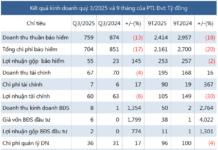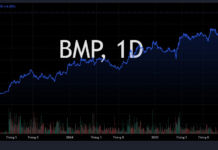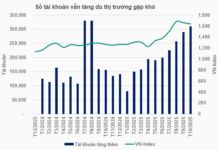Once hailed as a cornerstone of the Glasgow Financial Alliance for Net Zero (GFANZ), the Net-Zero Banking Alliance (NZBA) united nearly 150 global banks committed to achieving net-zero emissions by 2050. However, within a year, this alliance faced a seismic shift as major banks began to withdraw.
Starting in late 2024, six leading U.S. banks announced their departure, followed closely by five Canadian banks, sparking a wave of exits from collective climate commitments.
As a founding member, Citi stated its focus would shift to “eliminating capital barriers for emerging markets.” Meanwhile, HSBC and Barclays also withdrew, citing that NZBA “no longer had sufficient members to support the transition.”

Leading banks exit the Net-Zero Banking Alliance. Image: Today Ville.
Despite their exits, these banks reaffirmed their commitment to achieving net-zero emissions by 2050, indicating a shift from collective mechanisms to more individualized and practical strategies.
According to Andy Price, Vice President of International Policy at the Bankers Association for Finance and Trade (BAFT), the collapse of NZBA highlights the impracticality of a one-size-fits-all approach in the global financial sector. “Each region and bank has unique conditions and sustainability priorities,” Price explained.
“Establishing universal standards is incredibly challenging, especially in transaction banking and trade finance, which are globalized and tied to multiple sustainability goals beyond environmental factors,” he added.
In April, NZBA relaxed its core climate commitments, removing mandatory targets and obligations to support the transition to a net-zero economy. This led Triodos Bank of the Netherlands to exit, criticizing NZBA for “failing to convey the urgency needed to combat climate change.”
The unraveling of NZBA signals the financial sector’s shift from symbolic commitments to more actionable and realistic strategies.
Price noted that while many banks remain committed to climate goals, the new approach will balance environmental, social, and economic factors, aligning better with the UN’s Sustainable Development Goals (SDGs).

Organizations like Bankers for Net Zero (B4NZ) in the UK assert the fight is far from over. Image: Bloom Energy.
“A global standard remains achievable, but it requires flexibility and adaptability rather than rigid constraints,” Price stated.
While most GFANZ groups continue to operate, the Net-Zero Insurance Alliance disbanded in 2024, and the Net-Zero Asset Managers initiative, led by BlackRock, paused to reassess its direction.
Organizations like Bankers for Net Zero (B4NZ) in the UK remain optimistic. “Our focus is on financing projects and communities driving tangible emission reductions. We’ll continue collaborating with governments and financial institutions to turn commitments into measurable actions,” a B4NZ representative said.





































